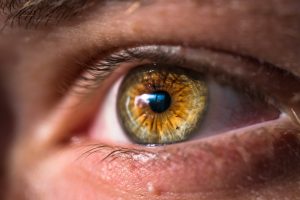
Nearly 680 million people worldwide had recovered from COVID-19 as of April 2023. The prevalence of PASC has been reported in studies to range between 6% and 54% due to different PASC definitions and different populations investigated. Even while PASC is less common, its worldwide burden is fast growing, which will have negative effects on the economy and public healthcare.
Even for patients who are not immunized, NMV-r is now the preferred antiviral therapy for mild-to-moderate COVID-19 infections treated in outpatient settings. However, there is no published literature—not even peer-reviewed articles—that implies NMV-r would be able to stop PASC in its tracks or lessen its prevalence. Evaluating NMV-r’s effectiveness for PASC therapy is essential given the condition’s rising incidence and negative effects.
Researchers assemble data from the TriNetX research network based on electronic health records (EHR) for the current retrospective cohort study.Of the 279,380 study participants, only 1,004 individuals received NMV-r within five days of diagnosis and had sufficient follow-up data for inclusion after propensity score matching.
Although initial COVID-19 severity is one of the factors contributing to the subsequent development of PASC, even people with mild COVID-19 sometimes experience disabling PASC symptoms. The pathophysiology of this complex condition remains unclear, thus contributing to the lack of available and effective drugs to treat PASC.
Between 30 to 180 days post-infection (pi), PASC-related symptoms were reported in 42%and 48%of NMV-r and control patients, respectively, with an odds ratio (OR) of 0.8. During the same duration, NMV-r therapy was less likely to be associated with a narrow definition of a three-symptom cluster of PASC as compared to the control cohort at 34% as compared to 40%, respectively.
NMV-r therapy also reduced the likelihood of cardiovascular, respiratory, and gastrointestinal symptoms. Further, its use lowered anxiety or mood disorders, with an OR value of 0.77 between 30 to 180 days pi; however, with no marked effects on musculoskeletal and nervous system symptoms.
The authors noted narrowly defined PASC-related symptoms in 22% and 28% of the NMV-r and control cohort, respectively, with an OR of 0.7. During this time, NMV-r treatment initiated between five days of infection also reduced the likelihood of cardiovascular and respiratory system involvement with an OR value of 0.72.
The current study data showed an association between NMV-r therapy and a reduced incidence of most commonly reported PASC-related symptoms. As compared to the beginning of the COVID-19 pandemic, the case severity of COVID-19 has considerably declined.








